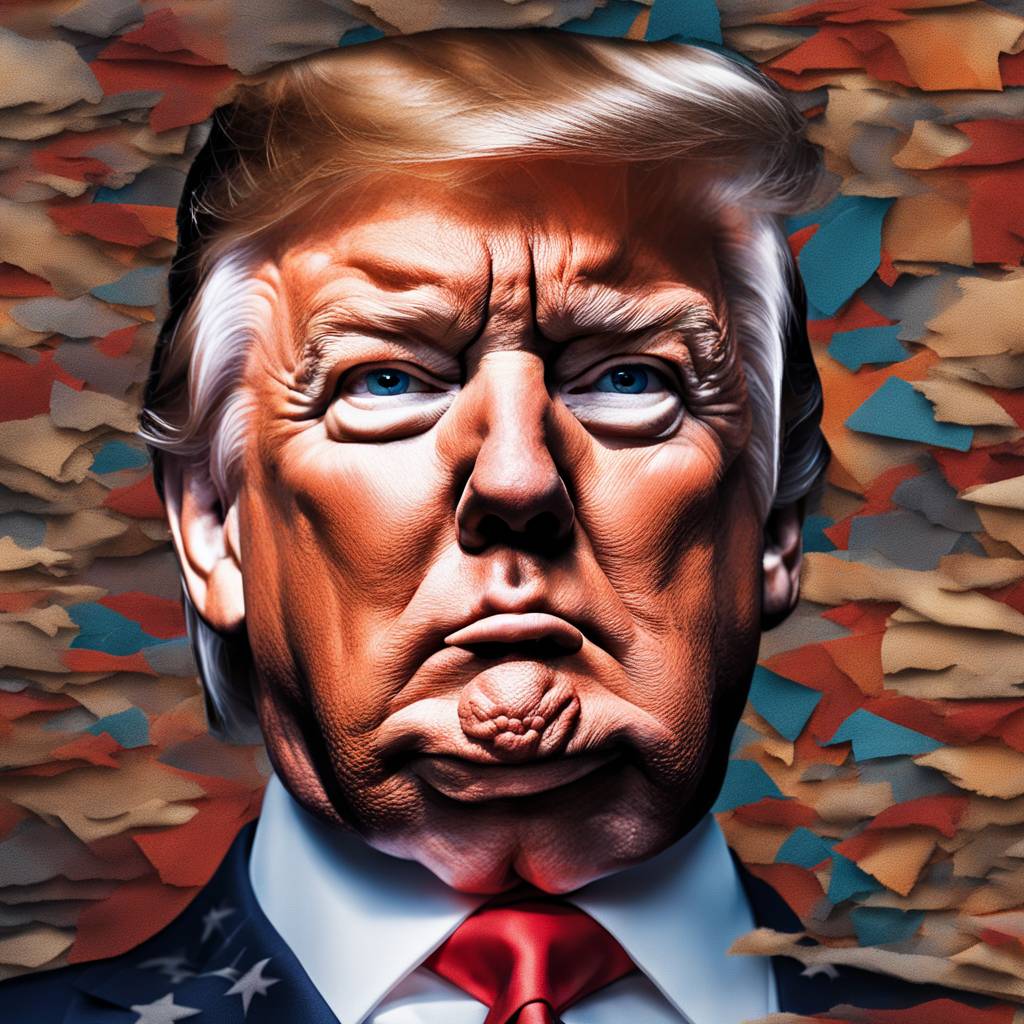Former President Donald Trump expressed frustration and anger on Thursday about what he perceives as individuals “disrespecting” Judge Aileen Cannon. He accused President Joe Biden, Attorney General Merrick Garland, and Special Counsel Jack Smith of trying to illegally intimidate and harass the respected federal judge overseeing his case in Florida. Trump claimed that they were calling her names, wrongfully threatening her with impeachment, and disrespecting her in an effort to influence her decisions in his case.
The ongoing disputes between Special Counsel Jack Smith and Judge Aileen Cannon stem from a recent order filed by Cannon requesting jury instructions related to the charges against Trump. In these instructions, Cannon seemed to suggest that the classified documents at the center of the case could be considered Trump’s personal items under the Presidential Records Act. Smith strongly rebuked this order, arguing that it was based on a flawed legal premise related to the Espionage Act and the handling of highly classified documents by former Presidents. Some legal experts have suggested that Smith could move to have Cannon recused from the case.
Amidst these tensions, there is speculation about the possibility of Special Counsel Jack Smith seeking to have Judge Cannon removed from the case. While this is a rare and drastic step, legal commentator Elie Honig noted that there is a procedure for prosecutors to ask for a federal judge to be removed if they believe there is bias or conflict of interest. However, such a move can be risky as it may create an awkward situation if the motion is not successful. Trump’s spokesperson was contacted for comment on the situation, but there has been no response so far.
Former President Donald Trump maintains his innocence in the case involving his alleged mishandling of classified documents in Florida and has pleaded not guilty to the charges against him. He has portrayed Judge Cannon as a fair and impartial judge who is being unfairly targeted by the Biden administration and the special counsel. The escalating tensions between Trump, his legal team, and the prosecution highlight the complexities and challenges in high-profile criminal cases involving political figures and sensitive national security issues.
The controversy surrounding Judge Cannon’s handling of jury instructions and her interactions with Special Counsel Jack Smith underscores the broader implications and consequences of legal decisions in politically charged cases. The involvement of prominent public figures, such as former President Trump and high-ranking government officials, adds another layer of complexity to an already contentious legal battle. As the case continues to unfold, the dynamics between the judge, the prosecution, and the defense will be closely scrutinized for any signs of bias, influence, or improper conduct.
In a polarized political environment, where partisan tensions run high and legal battles involving prominent figures capture national attention, the case involving former President Trump and Judge Aileen Cannon serves as a focal point for broader debates about judicial independence, the rule of law, and the separation of powers. The outcome of this controversial case will have far-reaching implications for how the legal system navigates complex and politically sensitive matters, and how it upholds accountability and justice in the face of powerful interests. As the drama continues to unfold, the public will watch closely to see how these intricate legal and political dynamics play out and how they shape the future of the rule of law and the administration of justice.








